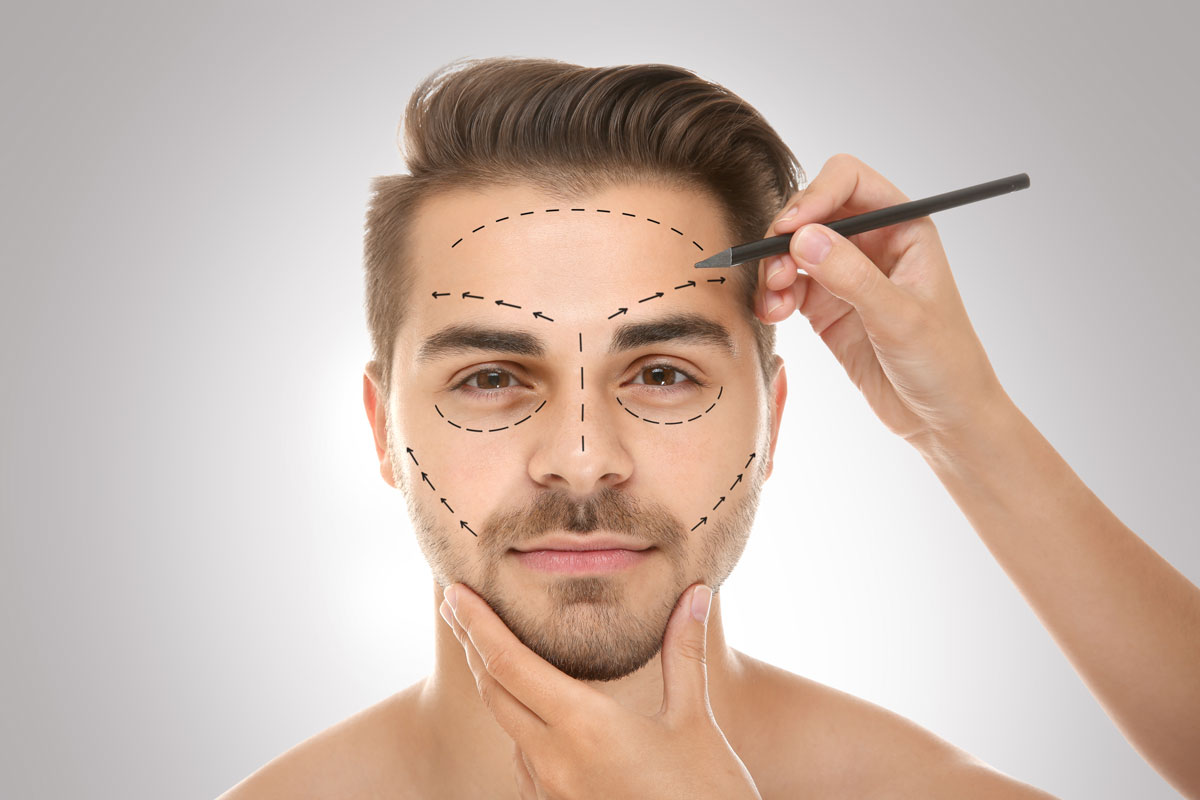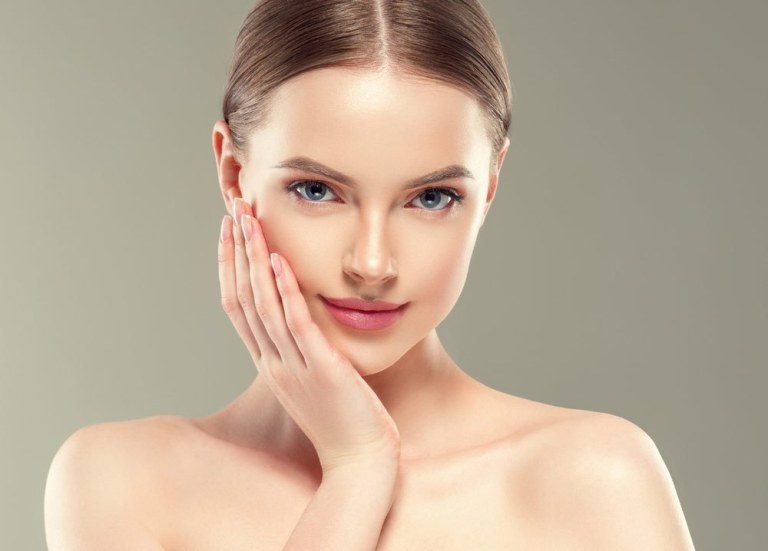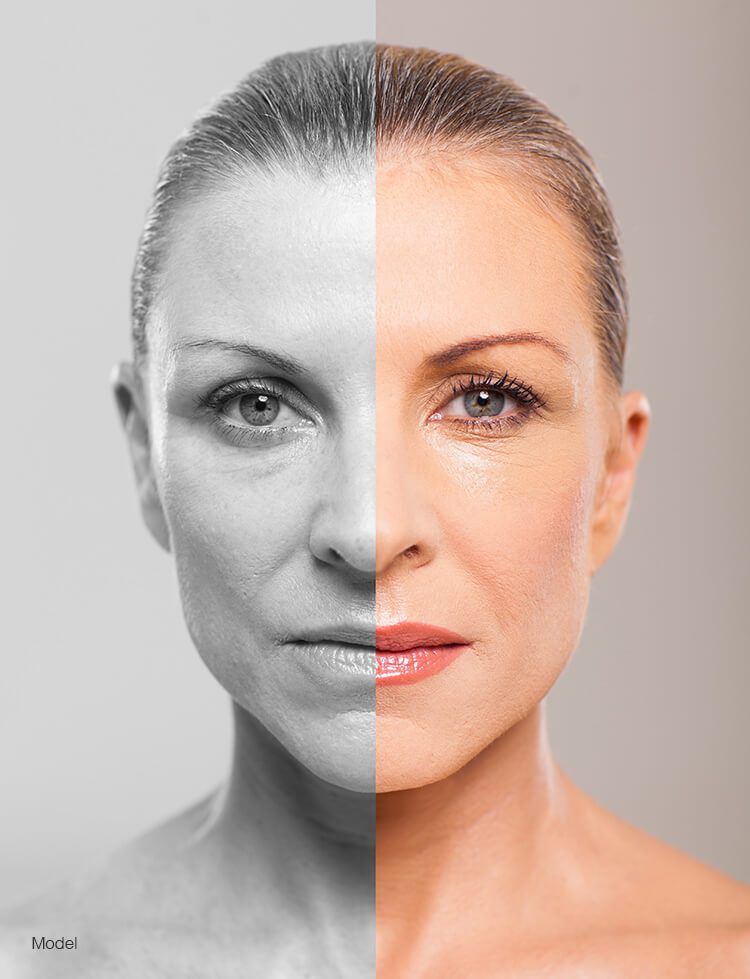Checking Out the Mental and Social Aspects That Drive People to Take Into Consideration Plastic Surgery as a Means of Improvement
The choice to go after cosmetic surgery frequently extends beyond plain aesthetics, linking with mental and social characteristics that warrant comprehensive assessment. Factors such as self-worth, prevalent social charm standards, and the pervasive impact of social media assemble to shape private inspirations for surgical enhancement.
The Role of Self-worth
Self-esteem substantially influences a person's choice to pursue cosmetic surgical procedure. Individuals with reduced self-esteem typically view themselves in a negative light, bring about feelings of inadequacy concerning their physical appearance. This unfavorable self-perception can drive them to look for surgical treatments as a method of enhancing their self-image. The need for renovation in one's appearance is regularly connected to an idea that such adjustments will raise their general self-respect and confidence.

Eventually, the duty of self-esteem in the decision-making procedure pertaining to plastic surgery highlights the complex interaction between body picture, individual fulfillment, and psychological health. Understanding this relationship is critical for healthcare professionals to make sure that patients are making notified choices rooted in realistic expectations and emotional wellness.
Social Beauty Criteria
Influenced by prevalent media representations and social narratives, societal charm standards play an important duty fit people' assumptions of their very own bodies. These requirements are frequently defined by an idyllic form of charm that stresses characteristics such as slimness, proportion, and youthfulness. As these perfects are perpetuated via numerous channels, consisting of film, tv, and marketing, individuals frequently internalize these messages, leading to discontentment with their natural look.
The ramifications of these societal standards expand beyond visual choices; they can affect self-esteem, psychological health, and social connections. Individuals that perceive themselves as disappointing these standards might experience feelings of inadequacy, motivating a desire for cosmetic surgical treatment as a way of achieving social approval. This quest is typically sustained by the idea that complying with these suitables will enhance not only physical look however additionally social standing and individual fulfillment.

Impact of Social Network
The influence of social appeal criteria is more magnified by the rise of social networks systems, where curated photos and idyllic representations of beauty are common. Users are constantly exposed to filtered and modified photographs, which usually illustrate unattainable physical attributes. This exposure cultivates a culture of contrast, leading individuals to analyze their own look versus these typically impractical criteria.
Social media influencers and celebrities frequently advertise aesthetic treatments, stabilizing the idea that surgical enhancements are a feasible means for accomplishing social ideals (plastic surgery rancho cucamonga). The additional resources exposure of these improvements can produce an understanding that going through plastic surgery is a standard technique, thus affecting individuals to take into consideration similar interventions as a path to boosted self-confidence and social acceptance
Furthermore, the interactive nature of social networks enables for instant feedback through likes and remarks, additionally enhancing the wish to adapt popular appeal standards. Such communications can exacerbate sensations of insufficiency and drive individuals toward plastic surgery as a way of obtaining validation. Eventually, social media plays a crucial function in forming assumptions of beauty, which considerably affects the decision-making processes bordering plastic surgery.

Cultural Point Of Views on Appearance
Throughout various societies, understandings of appearance are deeply rooted in historical, social, and economic contexts, forming individuals' sights on elegance and value. In lots of societies, look functions as a considerable marker of identity, affecting social standing, specialist chances, and personal partnerships. For instance, in some societies, light skin is usually connected with wealth and benefit, while others might glorify darker complexion as signs of strength and credibility.
Furthermore, typical appeal standards are often continued via social narratives, media representations, and household affects, causing varying suitables across various regions (plastic surgery rancho cucamonga). In Western societies, the focus on young people and physical conditioning often drives individuals toward cosmetic enhancement, while in specific Eastern societies, even more refined modifications aligned with typical appearances might be favored
Globalization and the expansion of electronic media have actually better made complex these characteristics, creating a hybridization of charm suitables that transcends geographical limits. As individuals progressively browse these cultural stories, the stress to comply with particular appearance criteria can result in the need for plastic surgery, showing an intricate interplay of personal goals and cultural worths. Understanding these social point of views is necessary in addressing the motivations behind plastic surgery considerations.
Psychological Influences of Aesthetic Surgical Procedure
Numerous people seeking cosmetic surgical treatment record experiencing extensive mental impacts that can significantly change their self-perception and emotional health - plastic surgery rancho cucamonga. The need for physical enhancement frequently comes from underlying problems such as reduced self-confidence, body dysmorphic disorder, or social stress concerning appeal criteria. For some, the prompt post-operative phase can lead to a short-term boost in positive self-image and complete satisfaction with their look, fostering a sense of empowerment
However, these favorable sensations may not be sustaining. Research shows that while some clients experience improved self-confidence, others may YOURURL.com deal with heightened anxiousness or depression if their expectations are not satisfied. This disparity can emerge from unrealistic suitables perpetuated by media depiction and cultural narratives surrounding charm.
Additionally, the psychological ramifications of cosmetic surgical procedure prolong beyond the individual. go to my site Relationships with friends and family may be strained as social characteristics change, leading to sensations of isolation or alienation. Inevitably, the emotional influences of cosmetic surgical procedure are complicated and diverse, calling for cautious factor to consider by both prospective people and healthcare companies to ensure informed decision-making and sensible assumptions.
Conclusion
In final thought, the decision to seek plastic surgery is significantly affected by a mix of self-worth issues, social elegance requirements, and cultural perspectives on look. The prevalent reach of social networks additionally aggravates these stress, advertising impractical suitables that individuals often aim to achieve. Comprehending these mental and social factors is necessary for attending to the motivations behind plastic surgery, highlighting the need for a much more nuanced discussion surrounding beauty and self-acceptance in contemporary culture.
The decision to seek cosmetic surgical procedure often prolongs beyond simple aesthetic appeals, intertwining with emotional and social dynamics that warrant extensive examination. Inevitably, social media plays an essential role in shaping perceptions of charm, which substantially affects the decision-making procedures bordering cosmetic surgical procedure.
As individuals progressively navigate these social narratives, the stress to adjust to certain appearance standards can lead to the wish for cosmetic surgery, mirroring an intricate interplay of cultural worths and personal aspirations.In verdict, the choice to pursue cosmetic surgical procedure is substantially affected by a combination of self-confidence problems, social appeal criteria, and cultural point of views on look. Comprehending these mental and social aspects is crucial for dealing with the inspirations behind cosmetic surgical treatment, highlighting the requirement for a much more nuanced conversation surrounding beauty and self-acceptance in contemporary culture.